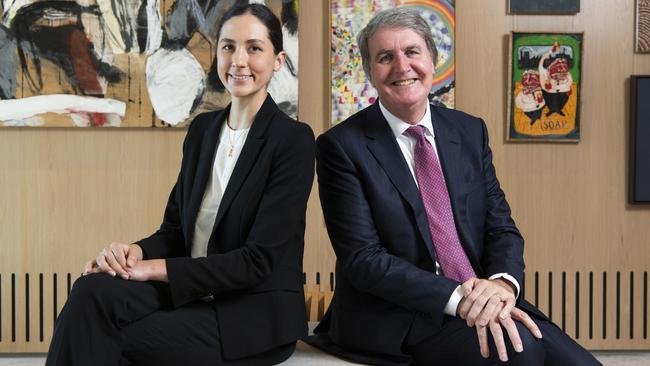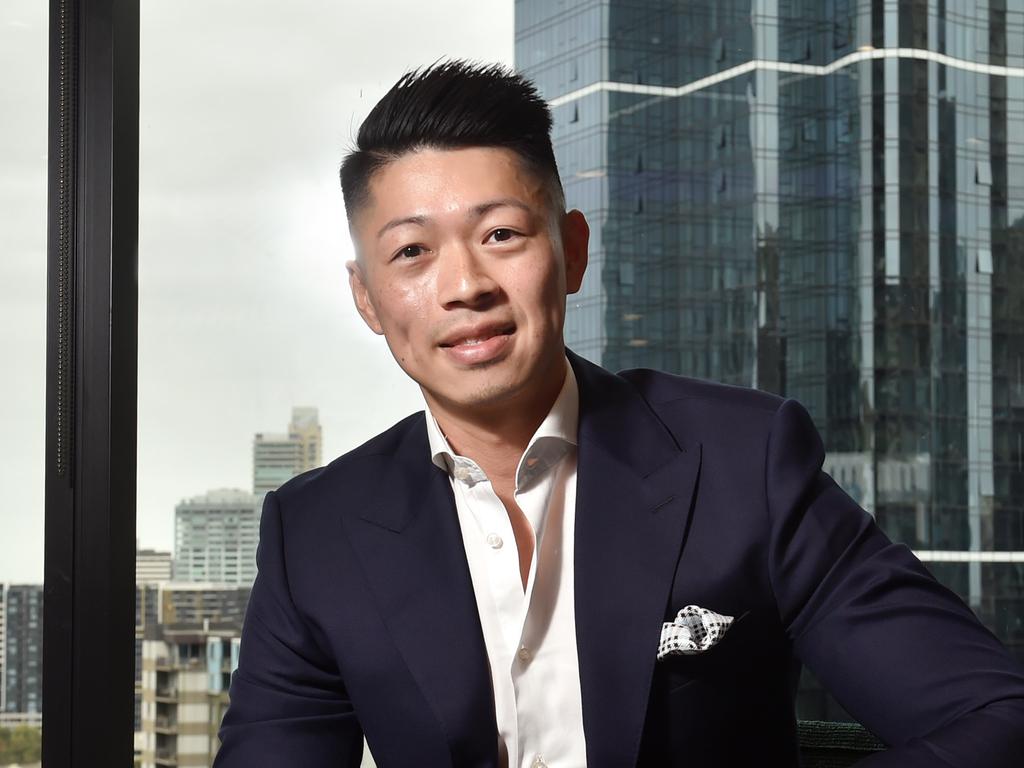Women equity partners will be role models for graduate hires
Many firms don’t like to talk about the lag in appointing female equity partners but Baker McKenzie is frank about its need to do more. Full list of female partner data for all firms.

When Anthony Foley talks about the job of boosting the proportion of female equity partners, he knows he has his work cut out for him.
“We’re very focused on the next and final task, which is to ensure that there are more equity and leadership positions where we have women who can make those critical contributions to the business and particularly serve as role models for younger lawyers,” the Baker McKenzie national managing partner for Australia says.
Foley’s candour is not reflected at many firms, that don’t like to disclose information showing the lag in this critical measure of equality in the workforce, which is hovering around 27 per cent across the firms.
Many have adopted the 40:40:20 goal of 40 per cent each of women and men across all categories of their labour force, with 20 per cent of any gender. At Baker McKenzie, the goal is to achieve that at all levels by 1 July 2025; at the moment women equity partners are about 18 per cent; the proportion of non-equity partners is 38 per cent.
The goal has been achieved at the other levels, starting with its youngest hires, who last year included Australian National University commerce and law graduate Lara Ilic.
Ilic is part of a generation of women for whom reaching the summit should be a matter of course, all other things being equal. However at this early stage, on the last of three rotations through the practice that graduates complete, she is still revelling in the variety of life at the firm, and pleased to have achieved a childhood dream.
“I’d always been interested in a corporate environment,” the 25 year-old says.
“Even as a kid driving in a car I would pass the skyscrapers in the city, look up and think, ‘Oh wow, I’d love to work in an office’, but I had no idea what that meant or what jobs would take me there.”
As a schoolgirl with wide-ranging interests she devised a strategy that could well hold the key to her career path.
“It all comes from that same principled approach that I took to school and to my degree and to a lot of different kind of aspects of life, which is to ask ‘what do I enjoy and what opportunities can I seize to progress myself?’”
Ilic sees that what is good for her will automatically be good for the firm, because she will retain her interest in the work and a balance in her life. “I’d like to find a space (in the firm that) I enjoy developing within because naturally that feeds back into your team and the company as well.”
It has certainly worked for Foley, who entered the profession in the 1980s, and joined Baker McKenzie in 1987.
As an undergraduate he had already been drawn to intellectual property, and enrolled in one of the first courses in the country, at the University of Sydney, and then as a young lawyer took advice from a canny mentor who predicted IP would be huge.
Although the IP partner who recruited him was a woman, Foley says: “In terms of women in the profession in the 1980s, as I began my career here, it simply didn’t reflect our society.”
Now the task of the team he leads is to push on with equity targets. “One very important factor in that analysis is ensuring that we have the role models in place so that our women, as they are progressing their careers, can see a couple of really important things. First of all, that it’s attainable. And second, that it’s worth it.”
Supporting women to progress includes “making sure that there’s an appropriate distribution of work to our crew members, ensuring that we are very alert to these issues, including our gender aspiration targets”.
Foley is also conscious of other challenges.
“I absolutely expect that cultural diversity will become a bigger issue for the major law firms because we need to reflect the communities in which we live,” he says.
Ilic, with everything to play for, is unfazed about what is ahead. “It’s obviously a coveted position,” she concedes about partnership.
“I’m not so focused on the title, I’ve worked with people in my firm who are not partners, who act as if they are partners and have all the responsibility of a partner and just don’t have that title.”
“I think it’s also a decision based on life stage: at what point does that career change slot in”?
“I’ve met women and men who don’t take that final step. The distinction I’d make is that they aren’t necessarily on an equal playing field should they choose to do so.
“I think there are more complex factors influencing a female progressing to partnership, which firms like Baker McKenzie are working to address.”
Her advice to young people coming behind is to resist buying the stereotype about lawyers having those driven Type A personalities, characterised by high achievement, competitiveness and impatience, and have confidence that whatever their personal style, there will be a place where they can make a valued contribution.
“Let that fall away and do not compromise on your own personality and your own traits,” she says.






To join the conversation, please log in. Don't have an account? Register
Join the conversation, you are commenting as Logout